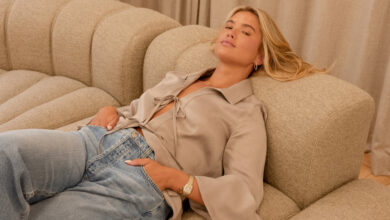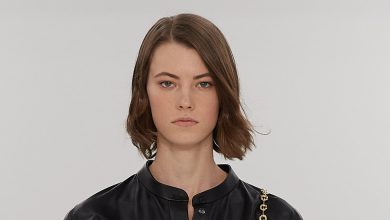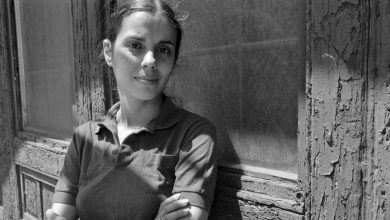A Wet January, Thanks to Covid

Ashley Deringer had her sights set on a Dry January this year.
In 2021, Ms. Deringer, a 50-year-old nurse practitioner in Gainesville, Ga., found that the stress of her job made it difficult to forgo her “bath bourbon” ritual: stripping off her hospital scrubs, taking a long shower, then drinking a glass of whiskey in the bathtub as she decompressed from the day.
But this time would be different. As of December, more than 60 percent of Americans were fully vaccinated. The worst of the pandemic seemed to be in the rearview.
“I made tentative preparations to do Dry January at the beginning of December, and then we realized that we were going to get pummeled again,” Ms. Deringer said, referring to the highly contagious Omicron variant. “I was like, ‘Oh my God, this is going to be two years in a row where we just don’t get a break.’”
Between the emergence of a new, fast-spreading coronavirus variant, the sudden contraction of social life, business and school closures, and the fast approach of the coronavirus pandemic’s second anniversary, some people are wondering: Is this month really the time to stop drinking entirely?
Ms. Deringer has opted for a middle ground. She’s using the month to go somewhat sober and swapping booze with a glass of diet tonic water combined with a nonalcoholic cocktail from Kin Euphorics, topped off with one of her “good ice cubes.” She still drinks her concoction in the tub.
“For Dry January, whether I’m going to make it or not, preserving the ritual, whatever you’re doing to take a break between the workday and your home life has kind of been what’s kept a lot of us going,” she said. “I’m trying not to cope through alcohol, but I’m not going to feel guilty about having a drink.”
Throughout the pandemic, drinking has been a salve — a means of unwinding and a point of social connection. It has also been a problem. A survey conducted in February 2021 by the American Psychological Association found that one in four adults reported drinking more since March 2020 to manage stress. Women and parents of young children in particular have turned to alcohol as a coping mechanism.
“The last year has been extremely hard,” Lucy Holmes, the director of research and policy at Alcohol Change UK, an organization that advocates for harm reduction in alcohol use, said in a phone interview. “It’s totally understandable that some people have turned to alcohol as a way to try and cope with that.”
For those re-examining their relationship with alcohol this month through Dry January, also known as Drynuary, even the best-laid plans may need revision. Some people are leaning on nonalcoholic substitutes to fill the void.
“After the last two years we’ve had, no one expects you to be completely sober,” said Jake Bullock, 33, the co-founder of Cann, an alcohol-alternative tonic infused with cannabis. In times like these, he instead encouraged “Try January” — giving up alcohol, but finding a more benevolent replacement.
Still others are resolute in their decision to let seltzer water serve as their bubbly. Some see sobriety itself as a source of stability in the face of an uncertain future.
Sophie Wood, 24, a creative strategist in New York, has been experimenting with sober-curiosity since September. She said abstaining has enabled her to improve her head space — to read and meditate in the time she would have otherwise spent feeling hung over. Now, more than ever, she plans on sticking to an alcohol-free lifestyle.
“I think it’s pretty crucial that I do stay sober amidst Omicron,” Ms. Wood said. “It seems like the general consensus is everyone is like, ‘This is going to be another 2020.’ And I think if I was drinking, it would just make that pessimistic mentality worse.”
Others, like D’Anne Stites, a 57-year-old from Austin, Texas, who works in environmental compliance and enforcement, have resolved to remain steadfast in their pursuit of a Dry January, regardless of Omicron. After all, she said, her abstinence has no bearing on the pandemic.
“I take what precautions I can. I’m vaxxed. I’m boosted. I do my best, and I’m a mask-wearer,” Ms. Stites said. “I can’t do anything else.”





